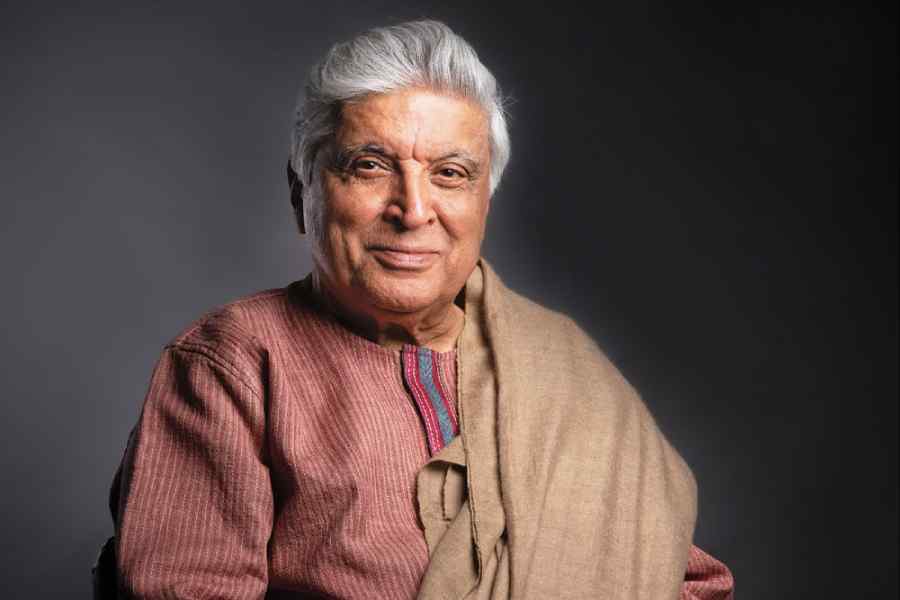The West Bengal Urdu Academy — it functions under the state government’s minority affairs department — has stated that “unavoidable circumstances” led to the postponement of an event that was to feature the noted Urdu exponent and poet, Javed Akhtar. The deferment of the programme was entirely avoidable — if only the Academy had the spine to stand up to intimidation. Reports suggest that two Islamic organisations, the Jamiat Ulema Kolkata and the Wahyain Foundation, had aired their objections regarding the invitation that the WBUA had sent to Mr Akhtar, threatening a stir if their request — coercion? — was not accepted. Mr Akhtar’s atheism is apparently a bone of contention with these orthodox Islamic bodies. Calcuttans would remember a precedent: violent street protests had broken out in the city against the Bangladeshi writer, Taslima Nasreen, from conservative Islamic groups and the Left Front, in power then, had capitulated to their demand on that occasion. Revealingly, Siddiqullah Chowdhury, a member of the Bengal cabinet, has endorsed the view of the protesting bodies. There is no word yet either from the chief minister, an avowed proponent of the freedom of thought, or from the Opposition, on the matter.
This incident bares some important grey truths. The bogey of hurt sentiments has been weaponised by religious bigotry — Hindutva and Islamic dogmatism are two sides of the same coin — to stifle thoughts and views that it finds objectionable. This inference can be extended further to argue that Urdu’s besiegement is, in fact, a manifestation of a deepening crisis. On the one hand, there are those — believers in a militant version of Hinduism — who argue that Urdu, its Indian roots notwithstanding, is synonymous with the language of the oppressive Other. Zealots from the minority community, on the other hand, deplore Urdu’s inherent syncretism. The resistance of Urdu verse to fundamentalism also does not sit easy with orthodox elements. In fact, they often champion Urdu’s linkages to a particular faith in an attempt to erase this language’s historical claims on reform and pluralism. The atheist, like Urdu, is also much vilified in New India. That bigotry is not limited to a particular faith is well-known: all religions sprout such problematic spots. The surrender of seemingly progressive regimes and institutions to prejudice and narrow-mindedness — are electoral compulsions not a factor in this? — is perhaps the bigger concern.









